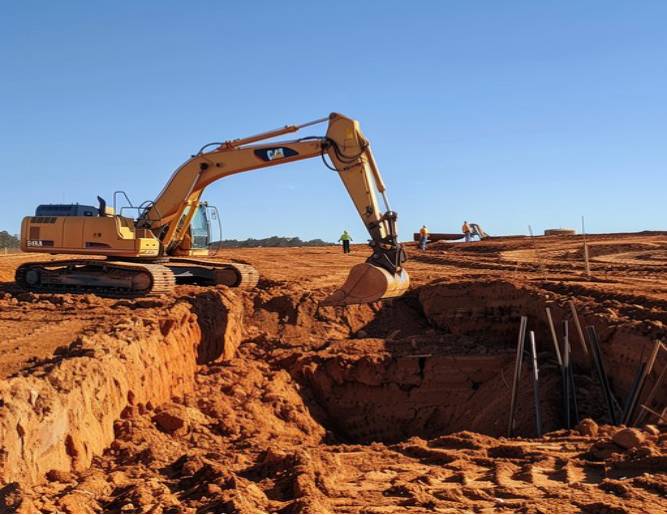
- June 21, 2023
- Caccra_jomark
- 0 Comments
- Gold, Gold mining, Minerals
Major gold deposits discovered in Uganda
In June 2023, Ugandan officials announced that approximately 31 million metric tonnes of gold ore had been discovered in the country. This could result in as much as 320,158 metric tonnes of refined gold, worth an estimated US$12 trillion. The discovery has the potential to prompt a surge in investment in the sector in the region.
The largest deposits were found in the Karamoja area of the Northern region; however, gold reserves were also discovered in the country’s eastern, central, and western regions. The discovery follows a two-year countrywide geophysical and geochemical survey.
If accurate, this discovery would make Uganda the most gold-rich state on earth. For context, according to the United States (US) Geological Survey (USGS), only 244,000 tonnes of gold in total have been discovered globally, and only an estimated 187,000 metric tonnes have been mined and refined in human history. In its 2022 Mineral Commodity Summary, the USGS estimated that global untapped gold reserves were only around 54,000 metric tonnes.
Until Uganda’s claims are independently verified, they should be treated with some scepticism. However, if the government’s estimates are accurate, the country could soon experience a modern-day gold rush. This is something that Uganda is ill-prepared to manage.
Uganda’s gold sector has been criticized for its lack of sufficient oversight and regulation. In particular, the country has been used as a hub by gold traffickers in the region who smuggle gold from illicit and militant-controlled mines in the eastern Democratic Republic of Congo (DRC). This has resulted in the US Treasury sanctioning Uganda’s largest privately-owned gold refinery, African Gold Refinery (AGR), in March of this year.
In recent years, Uganda has attempted to address the regulatory weakness in its resource sector. In 2020, the country joined the Extractive Industries Transparency Initiative (EITI), and in 2021 it passed its new Mining and Minerals Bill. The new law replaces the 2003 act and enables a more competitive licensing procedure for brownfield projects and strengthens the first-come-first-serve approach to greenfield projects. The law also calls for the creation of a state-owned mining company, which will hold the state’s stake in all new mining projects. Under the law, this company will be a 15% stakeholder in all mining projects.
The new bill also introduces a new traceability and certification scheme to combat the trafficking of tungsten, tantalum, and gold. This could potentially bolster oversight in the sector. The new steps have been applauded, but Uganda has not yet demonstrated an improved capacity for implementing these new regulations.
A sudden surge in investment and development in Uganda’s gold mining and refining industry without a corresponding strengthening of regulatory implementation and law enforcement capacity could create a more enabling environment for gold traffickers to step in.
Such a gold rush would also expose Uganda to the dangers of the resource curse – a well-publicized phenomenon where the discovery of natural resources leads to graft, economic mismanagement, conflict, and environmental degradation. The extractive sector also crowds out investment away from other sectors and renders an economy far less diversified and resilient than it would have otherwise been in the absence of such natural resources. Resource-rich developing countries are therefore far more vulnerable to fluctuations in commodity markets. Uganda is particularly vulnerable to this phenomenon as the country already has high corruption levels – it is currently ranked 144th out of 188 countries on Transparency International’s Corruption Perceptions Index (CPI).
In the meantime, Uganda is pressing ahead with developing these newfound resources. Uganda is about to become a major gold production centre, regardless of the accuracy of the scale of the find and the possibility of further US sanctions. This presents both major opportunities and challenges for the country and will be instrumental in deciding Uganda’s future economic development.


Leave a Comment